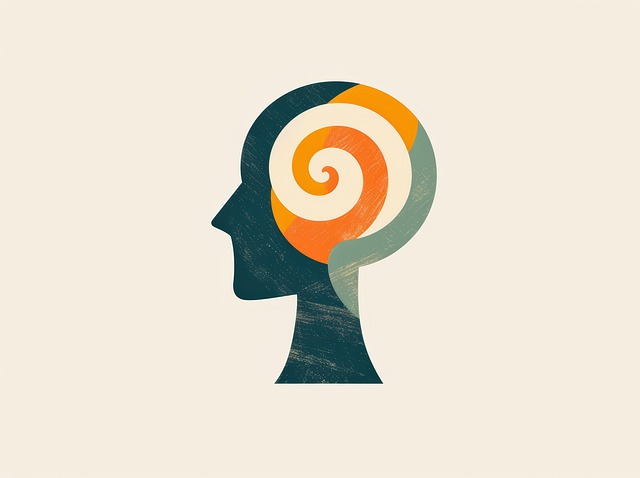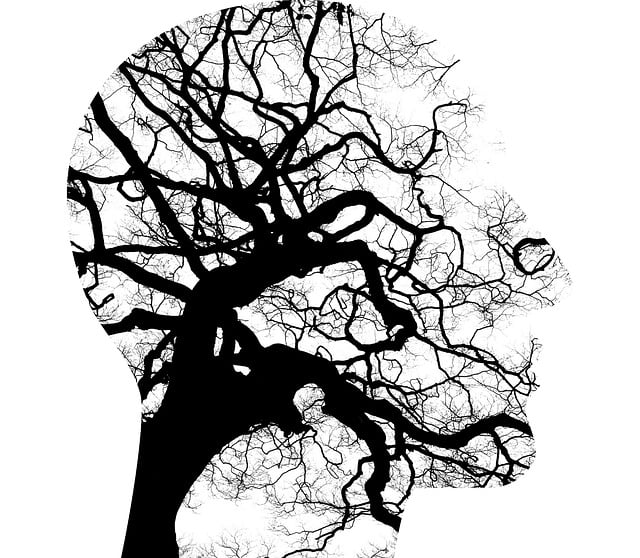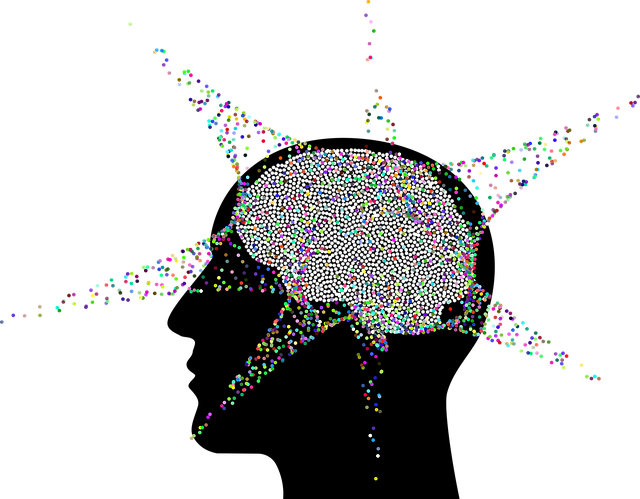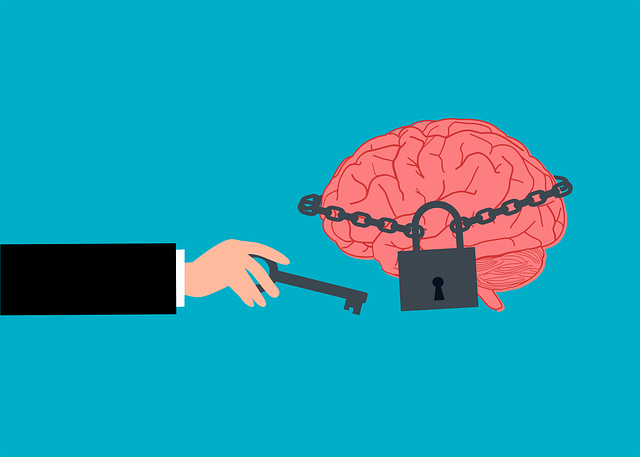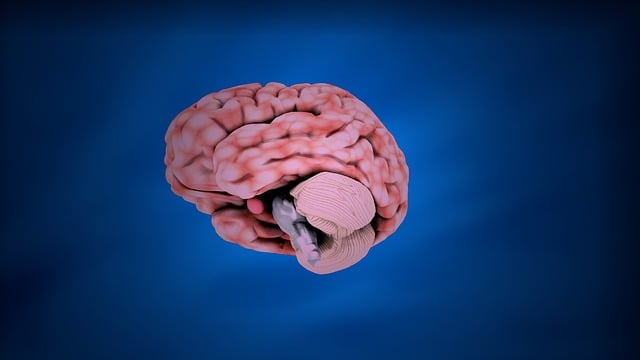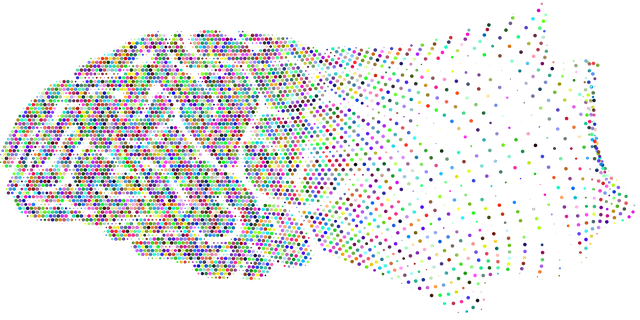Aurora Dissociative Disorder (ADD) is a complex mental health condition characterized by episodes of dissociation, managed through specialized therapy focusing on compassion cultivation and mindfulness. The RFM (Resilience, Flexibility, Mastery) approach, proven effective in ADD therapy, emphasizes building resilience, adaptability, and a sense of competence to cope with life's challenges. Resilience-building exercises within ADD Therapy empower patients to manage trauma, develop coping strategies, and enhance overall well-being through art therapy or narrative writing. Incorporating RFM strategies and cultural sensitivity has shown significant improvements in patient outcomes, particularly for adolescents with trauma histories, leading to improved emotional regulation and reduced dissociation symptoms. Integrating RFM with ADD Therapy offers a holistic approach to enhancing healing journeys, improving functioning, and revolutionizing mental health policy advocacy.
“Unraveling the complexities of Aurora Dissociative Disorder (ADD) requires a nuanced approach, and one powerful tool emerging in therapy is the RFM model—Resilience, Flexibility, and Mastery. This article delves into the intricate relationship between RFM and ADD therapy, exploring its potential to transform healing journeys.
We’ll guide you through understanding ADD, the therapeutic benefits of RFM, and practical strategies for designing resilience-building exercises. Case studies will illustrate successful implementations in clinical practice, highlighting the enhanced effectiveness of integrating RFM in ADD therapy.”
- Understanding Aurora Dissociative Disorder: A Glimpse into the Disorder
- The Role of RFM (Resilience, Flexibility, and Mastery) in Therapy
- Designing Resilience-Building Exercises for Effective Treatment
- Implementing RFM Strategies in Clinical Practice: Case Studies
- Enhancing Healing Journey: Integrating RFM with Aurora Dissociative Disorder Therapy
Understanding Aurora Dissociative Disorder: A Glimpse into the Disorder

Aurora Dissociative Disorder (ADD) is a complex mental health condition that often goes unnoticed due to its elusive nature. It involves episodes of dissociation, where individuals experience a disconnect from their thoughts, feelings, and surroundings. Those affected may feel like they’re observing themselves from outside their bodies or as if they are in a dream-like state. This disorder isn’t merely about forgetting daily routines; it’s a profound sense of detachment that can impact every aspect of life.
Therapy plays a pivotal role in managing ADD, focusing on techniques like compassion cultivation practices and mindfulness exercises to help individuals regain control. The goal is to enhance their ability to process traumatic experiences and reduce the frequency and intensity of dissociative episodes. Through specialized therapy sessions, individuals with ADD can develop coping strategies that improve their mental wellness. Public awareness campaigns development and a growing Mental Wellness Podcast Series Production also contribute to destigmatizing this disorder, encouraging those affected to seek help and fostering a supportive community.
The Role of RFM (Resilience, Flexibility, and Mastery) in Therapy

In the realm of therapy, particularly for conditions like Aurora Dissociative Disorder, the integration of RFM—Resilience, Flexibility, and Mastery—has emerged as a transformative approach. This holistic framework recognizes that building resilience isn’t just about coping; it’s about thriving amidst life’s challenges. By fostering flexibility, individuals learn to adapt to change, navigate unexpected situations, and maintain a sense of control over their emotions and behaviors.
Mastery, the final pillar, encourages a sense of competence and self-efficacy. Through various exercises designed to challenge and strengthen the mind, RFM enables clients to actively participate in their healing process, thereby reducing the Mental Illness Stigma Reduction Efforts. Community Outreach Program Implementation and Mental Health Education Programs Design can further benefit from this approach by promoting awareness and destigmatization, empowering individuals to take control of their mental health and well-being.
Designing Resilience-Building Exercises for Effective Treatment

Resilience-building exercises are a powerful tool within Aurora Dissociative Disorder Therapy (ADDT), tailored to enhance patients’ coping mechanisms and overall well-being. These exercises are designed to help individuals navigate and manage traumatic experiences, fostering an environment where they can develop effective strategies to combat symptoms associated with dissociation. The process involves creating safe spaces for participants to explore their emotions and thoughts, often through creative outlets like art therapy or narrative writing.
When crafting resilience-building programs, it’s essential to consider the unique needs of individuals dealing with dissociative disorders. Incorporating exercises that promote self-awareness, emotional regulation, and healthy coping strategies can significantly contribute to long-term recovery. For instance, ADDT may include activities that encourage mindfulness, helping patients stay grounded in the present moment and reducing the intensity of dissociative episodes. Moreover, these exercises can be adapted for various settings, including group therapy sessions or one-on-one counseling, ensuring accessibility and promoting public awareness campaigns focused on mental health initiatives like depression prevention and anxiety relief.
Implementing RFM Strategies in Clinical Practice: Case Studies

Implementing RFM (Resilience, Flexibility, and Mastery) strategies in clinical practice has proven to be a game-changer for many mental health professionals. Case studies show that integrating these principles, such as those used in Aurora Dissociative Disorder Therapy, can significantly enhance patient outcomes. For instance, a study focusing on adolescents with trauma histories found that RFM interventions led to improved emotional regulation and reduced dissociation symptoms. This success is attributed to the mind over matter principles that empower individuals to develop coping mechanisms tailored to their unique experiences.
The Cultural Sensitivity in Mental Healthcare Practice plays a pivotal role in effective RFM implementation. By considering diverse cultural backgrounds, therapists can adapt these strategies to be more inclusive and relevant to their clients. For example, incorporating traditional healing practices or specific cultural references into therapy sessions can foster a deeper connection and enhance the overall resilience-building process. Such personalized approaches align with the growing Mental Health Awareness, ensuring that care is not only effective but also culturally sensitive and respectful.
Enhancing Healing Journey: Integrating RFM with Aurora Dissociative Disorder Therapy

Integrating RFM (Resilience-Focused Therapy Models) with Aurora Dissociative Disorder Therapy offers a powerful approach to enhancing healing journeys for individuals navigating complex mental health challenges. This combined method leverages the strengths of both techniques to promote emotional well-being and foster resilience in those affected by dissociative disorders.
RFM focuses on building adaptive coping strategies, strengthening support networks, and promoting positive identity, which are crucial components in improving overall functioning and quality of life. When intertwined with Aurora Dissociative Disorder Therapy, these techniques provide a holistic framework for addressing the unique needs of individuals struggling with dissociation. By incorporating emotional well-being promotion techniques like mindfulness and social skills training alongside specialized therapy, patients can develop coping mechanisms to manage symptoms, enhance self-awareness, and engage more effectively in their treatment process. This comprehensive approach has the potential to revolutionize mental health policy analysis and advocacy, underscoring the importance of personalized, integrated care for complex mental health disorders.
Aurora dissociative disorder therapy benefits greatly from integrating resilience-building exercises grounded in RFM (Resilience, Flexibility, and Mastery) principles. By designing tailored activities that foster these skills, therapists can empower individuals to navigate traumatic memories with enhanced coping mechanisms and emotional regulation. Case studies demonstrate the promising outcomes of such an approach, illustrating improved trauma management and overall well-being for those struggling with this complex disorder.




